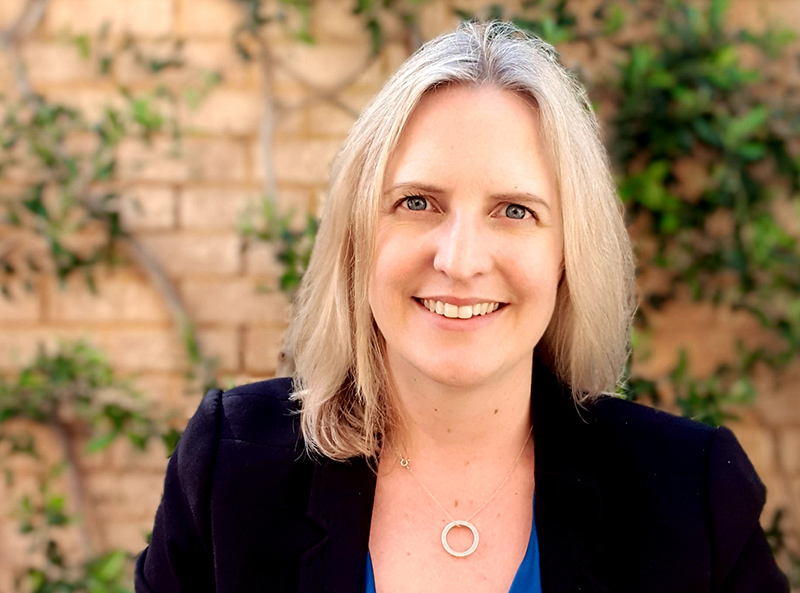
The Kids Research Institute Australia researcher Dr Kirsten Hancock will use a prestigious Churchill Fellowship to investigate how other countries handle the thorny problem of school absenteeism.
Every year 25 per cent of Australian primary school children miss more than a month of school, with 20 per cent of high school students missing more than two months of school.
Given that too much time off school can put students’ social and emotional development at risk, schools are eager to find effective ways to improve attendance.
Dr Hancock has been investigating the problem in Australia using linked data sets to understand the reasons behind absenteeism, and working with WA principals to come up with ways to tackle the problem more effectively.
“Because there are so many reasons for student absenteeism, schools need to use multiple approaches to address those different reasons,” Dr Hancock said. “A strategy that works for one school or one student might not work for another.”
She hopes her six-week trip to the US and New Zealand next year, made possible by the Churchill Fellowship, will help her sort the wheat from the chaff – in turn saving Australian schools the trouble of investing in programs that don’t work, while homing in on those that do.
During the trip she’ll learn about a wide range of interventions being tried in cities with diverse student populations, and explore the factors that contribute to their success or failure. She is particularly interested in measures being implemented in the US, where absenteeism is now a school accountability metric in 37 states.
“Absenteeism has attracted a new focus in the US recently, thanks to changes in policy settings which mean schools are being judged on their school attendance rates. As a result people are trying new and different things,” Dr Hancock said.
She said the fellowship would provide the time and space to have one-on-one discussions that allowed for more insight than reading a report or research paper.
“I’m really excited to meet my international colleagues, to pick their brains and learn from their experiences, and share new ideas for this stubborn, decades-old problem,” she said.
“This is a fantastic opportunity to understand not only what works for which students, but importantly, what doesn’t work, and why.
“Understanding more of this underlying detail will help Australian schools to trial the strategies that are most appropriate for their school communities.”
Upon her return, Dr Hancock will combine what she has learned with what is already known in Australia, to develop a toolkit of strategies for schools that can help different students in different contexts.
Dr Hancock is one of 115 Australians – including 14 from Western Australia – named as 2019 Churchill Fellows.
The fellowships are awarded annually by the Winston Churchill Trust and enable people from all walks of life to travel internationally to gather insights and knowledge that will benefit Australia. The fellowship Dr Hancock received is sponsored by the WA Department of Communities.
